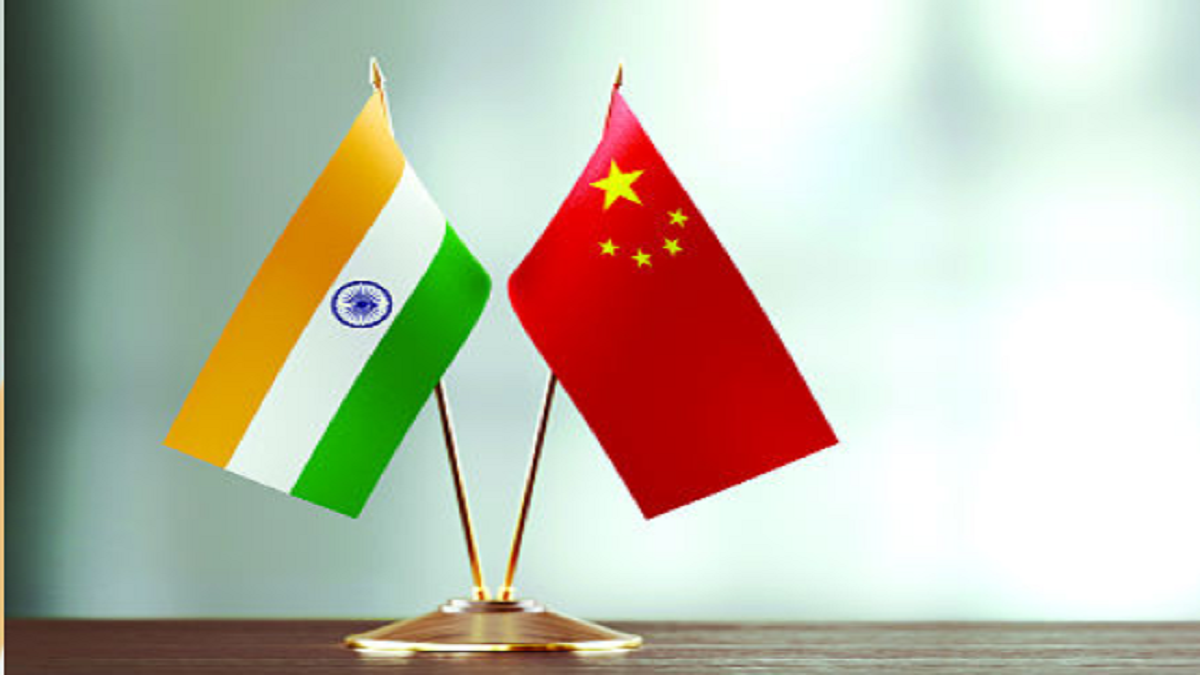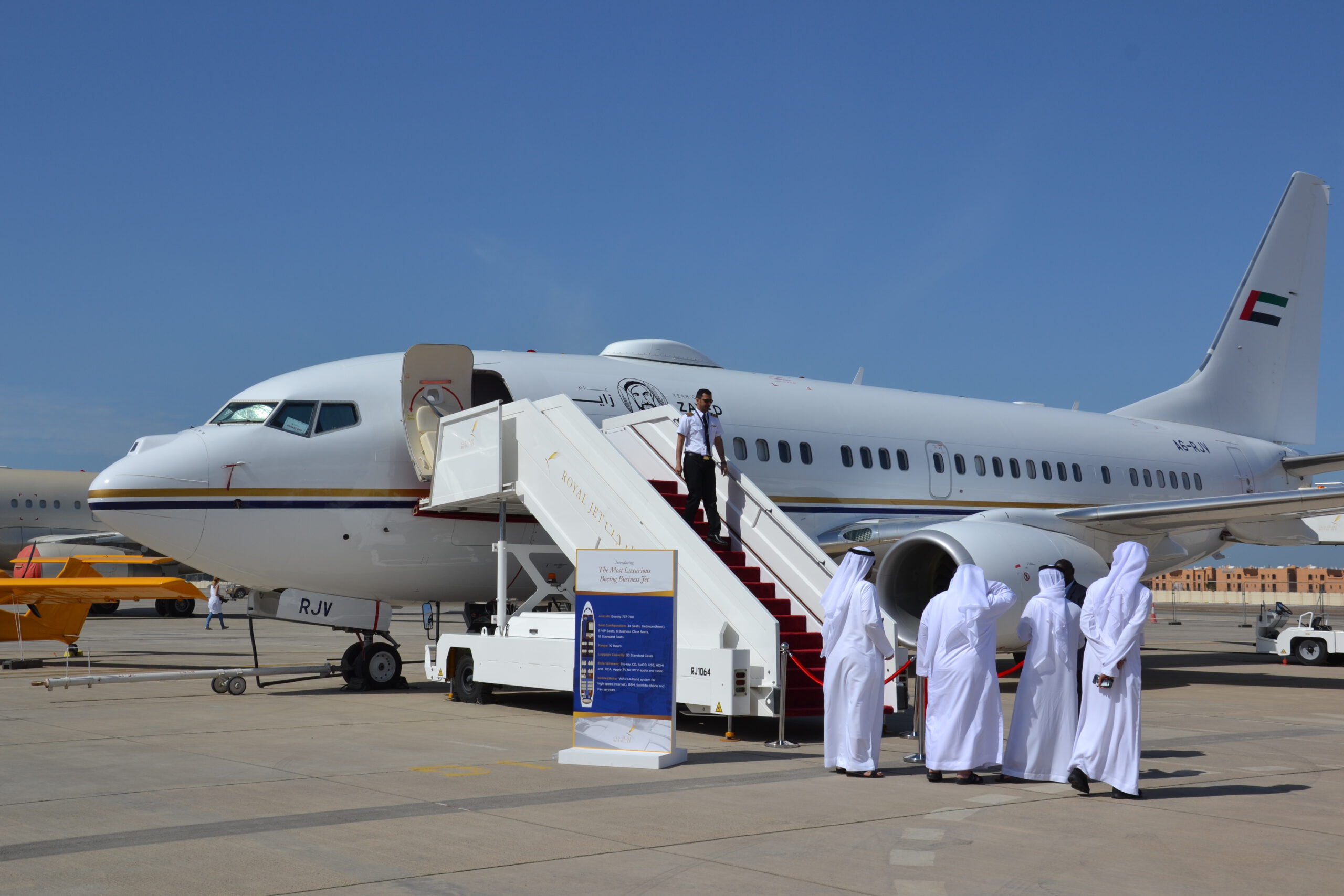
In what can be seen as a message to China, India today stressed the need for every single nation “to respect territorial integrity”. The remarks to this effect were made by External Affairs Minister S. Jaishankar at the BRICS meet which was held virtually on Tuesday to discuss the challenges resulting from the Covid-induced pandemic. Delhi got a shot in the arm as BRICS, a group of Brazil, Russia, India, China and South Africa, backed India-South Africa joint proposal for Covid vaccine patent waiver at the World Trade Organisation (WTO).
MEA officials see BRICS foreign ministers’ meet as a significant development auguring well for India’s various diplomatic missions. First, the Indian foreign minister managed to use the forum to send out a strong message on territorial integrity, with China being an elephant in the room.
“We strive for a fair, just, inclusive, equitable and representative multipolar international system, based on international law and the UN Charter that recognizes sovereign equality of all States and respects their territorial integrity,” Jaishankar said. The EAM’s remarks on ‘territorial integrity’ assume importance in the backdrop of the India-China border dispute of 2020. Chinese Foreign Minister Wang Yi was also in attendance at the meet.
Second was India’s diplomatic effort to get the backing of BRICS nations on its joint proposal with SA seeking patent waiver for Covid vaccine. Third, India also put out in a very candid manner the need to reform multilateral forums such as UNSC of which Delhi wants to be a permanent member. Russia and China are the two members of BRICS which are permanent members of UNSC. While Russia has always been supporting India’s effort to get a permanent seat in this UN body, China blocked it. So, with the joint statement of BRICS mentioning the need for reforms in UNSC and other international multilateral bodies, India is said to be in a position to step up pressure on Beijing for its UNSC ambition.
Last but not the least, India also succeeded in attracting BRICS attention on Afghanistan which came as part of agenda of countering terrorism. Jaishankar aggressively underlined the need to deal strictly and effectively with UN proscribed terror organisations for the lasting peace in Kabul. BRICS members supported it in one voice. What is significant is that Russia and China are the two BRICS countries which are active in Afghanistan, with Dragon unwilling to accept India’s role there.
MEA sources say that it is an important achievement for India that BRICS released “BRICS Joint Ministerial Statement on Strengthening and Reforming of the Multilateral System”. The joint statement said that they “recommitted to instill new life in the discussions on the reform of the UN Security Council and continue the work to revitalize the General Assembly”. The statement not only focuses on reforms at the UN but also International Monetary Fund (IMF), World Bank (WB), World Trade Organization (WTO), World Health Organization (WHO).
Meeting under the chairmanship of India, the BRICS countries also laid out a list of changes that would make these institutions examples of effective and representative multilateralism. Among those who attended the meeting hosted by Jaishankar were Chinese foreign minister Wang Yi, the Minister of Foreign Affairs of the Federative Republic of Brazil, Ambassador Carlos Alberto Franco França, the Minister of Foreign Affairs of the Russian Federation, Sergey Lavrov and the Minister of International Relations and Cooperation of the Republic of South Africa, Grace Naledi Mandisa Pandor.
Meanwhile, Chinese Foreign Minister Wang Yi commended India for its vigorous efforts to hold this year’s BRICS summit despite the Covid-19 outbreak, as he offered Beijing’s support and assistance to New Delhi to combat the pandemic. “At this trying time, China stands in solidarity with India and all BRICS countries. As long as it is needed by India, I believe that all BRICS partners including China will provide further support and assistance at any time and we are fully confident that India will certainly overcome the pandemic,” Wang said.















